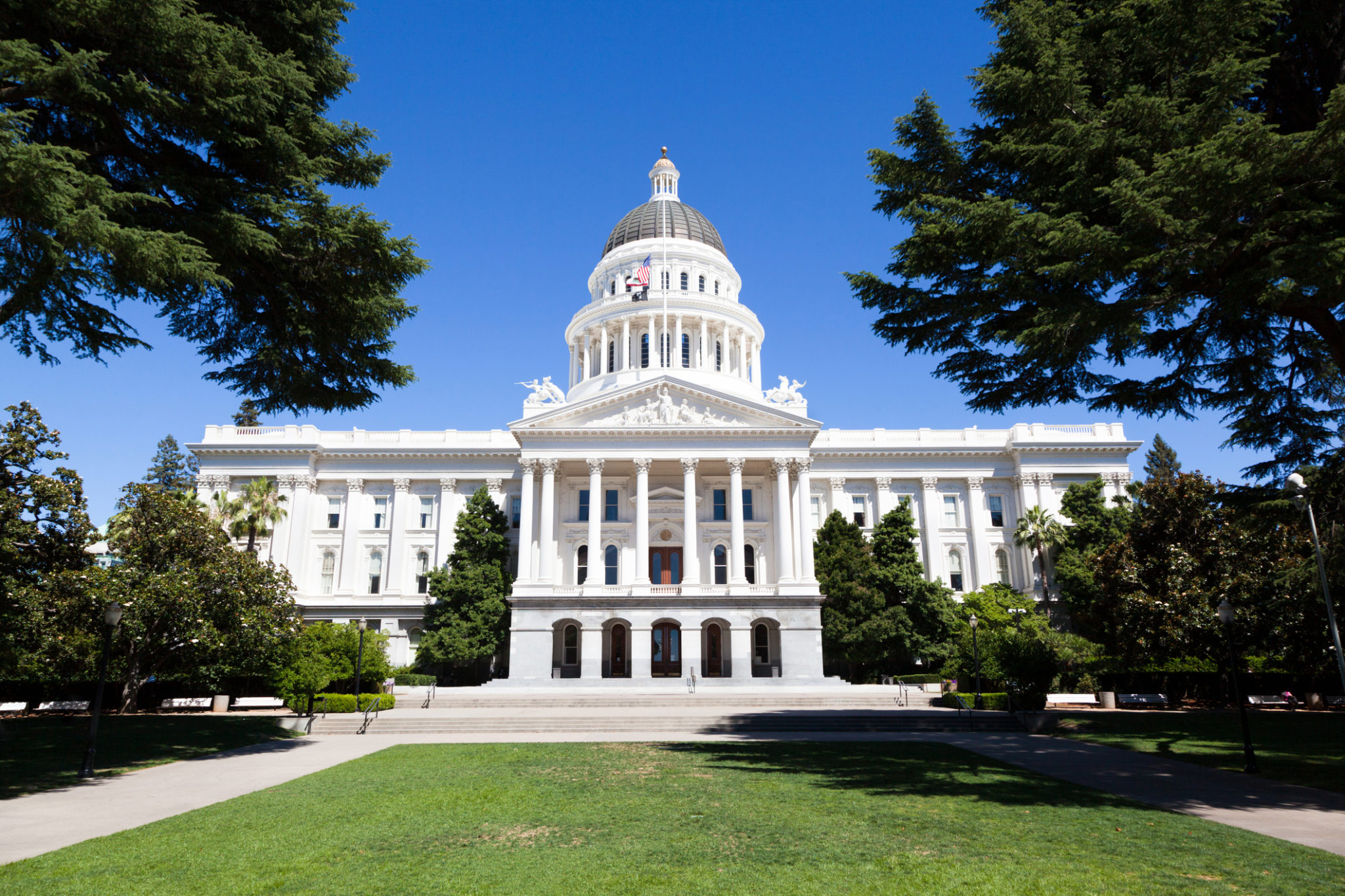Legislation
Ethics Legislation

Ethics Legislation
2022 Legislation
Ban on Local Pay-to-Play
SB 1439 (Glazer – East Bay)
California Common Cause supported this Legislation
Summary: Prior to SB 1439’s passage, local elected officials could accept campaign contributions that could influence their votes. This bill amends the Lavine Act — an anti-pay-to-play law for members of government committees and commissions — to include members of most locally elected government bodies. Now, locally elected officials must recuse themselves from voting on matters before them involving a “license, permit, or other entitlement for use” if the applicant-party and their agents who stand to benefit from the vote have given an elected official who is voting on the matter more than $250 in campaign contributions in the previous 12 months and the elected official has not returned said excess contribution(s) at least 30-days before the vote.
2020 Legislation
County Sheriff Oversight
AB 1185 (McCarty – Sacramento)
California Common Cause supported this Legislation
Summary: Californians are demanding greater transparency and accountability in policing. This bill would authorize county boards of supervisors to establish a Sheriff Oversight Commission with the power to review the actions of that county’s sheriff’s department, including officer shootings and allegations of racial bias. The bill grants the Commission subpoena power over the sheriff’s department, to prevent obstruction of the release of relevant records.
2018 Legislation
Local Fair Political Practices Commission (FPPC) Enforcement
AB 2880 (Harper – Huntington Beach)
California Common Cause is sponsoring this Legislation
Summary: Currently, most cities or counties with local campaign finance ordinances rely on city attorneys or district attorneys to enforce their ordinances. Enforcement is sparse, and relying on appointed or elected officials for enforcement creates conflict of interest concerns. SB 2880 allows local governments to contract with the FPPC for local campaign finance and ethics enforcement, a model which San Bernardino County has used very effectively in a pilot program. In the 2014 election cycle in San Bernardino County, the FPPC educated more than 50 campaigns on ordinance requirements; audited 22 campaigns; and investigated 24 campaigns for alleged violations, resulting in 9 fines. SB 2880 would allow all cities and all counties below a population of 3,000,000 to contract with the FPPC for local campaign and ethics ordinance enforcement.
Ban on Campaign Nepotism
AB 664 (Steinorth – Rancho Cucamonga)
Summary: Current law prohibits elected officials and candidates for elected office, as well as their spouses, from receiving compensation from campaign committees controlled by said official or candidates. AB 664 extends this ban by also prohibiting the parents, grandparents, siblings, children, and grandchildren of elected officials and candidates from receiving compensation above fair market value for goods and services rendered to their relative’s campaign committee. This reform will stymy corruption and nepotism in California politics.
Mandatory Disclosure Reports
SB 459 (Allen – South Bay)
Summary: Currently, special interest groups and major lobbying organizations only disclose their activities four times year. This leads to bills being voted on before these quarterly disclosure reports are due. In order to bring more transparency to the lobbying process, SB 459 requires groups engaged in lobbying to disclose their activities and spending on a monthly basis instead of a quarterly basis. It would also require groups engaged in lobbying to disclose their stances on the legislation that they’re lobbying on.
